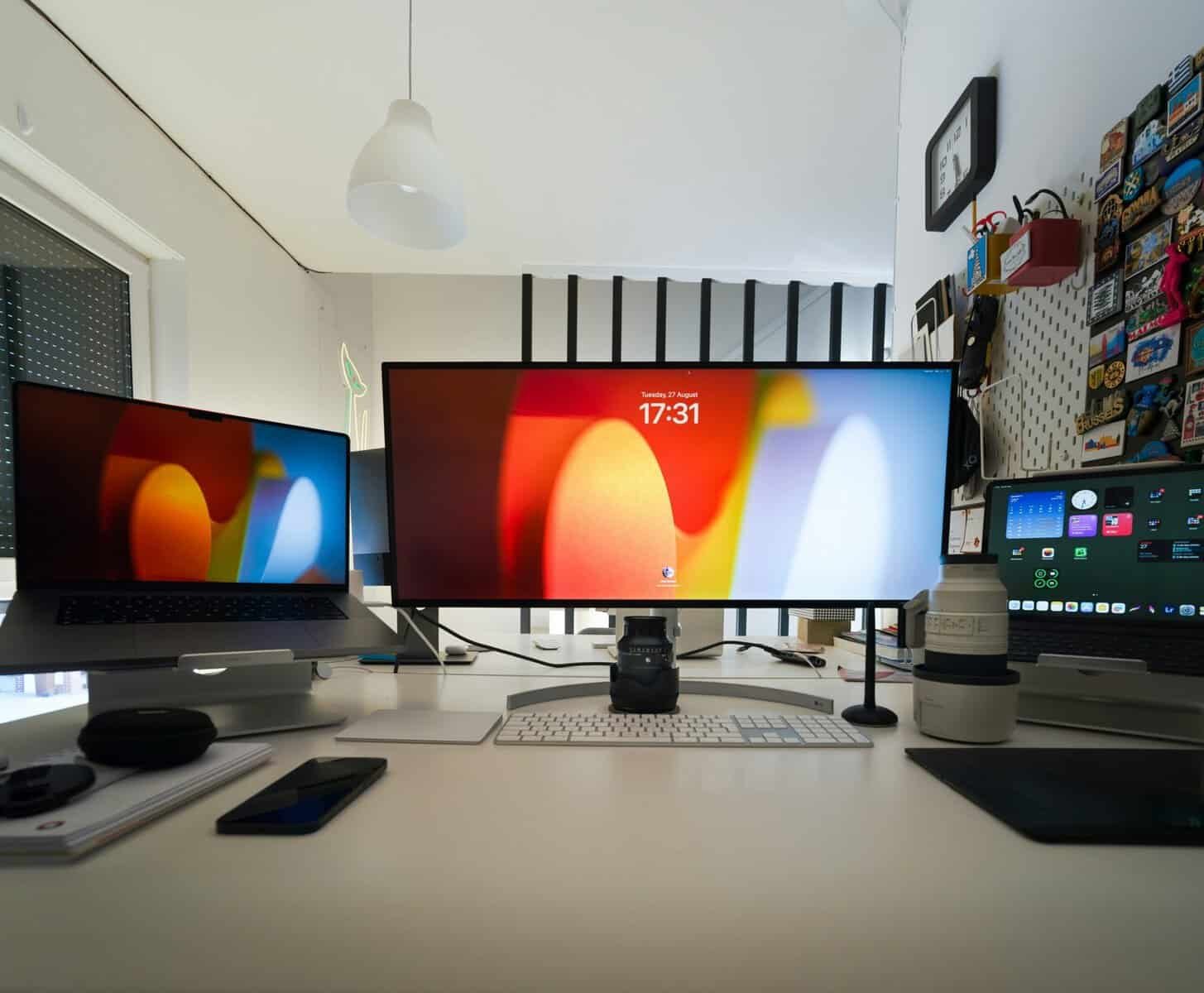Have you ever wondered what it takes to succeed as a remote proofreader and editor for academic papers? Whether you’re just starting out or looking to refine your skills, this article will guide you through the essentials of thriving in this field. Proofreading and editing are crucial steps in the academic writing process, ensuring that papers are clear, coherent, and error-free. As a remote professional, you might think that such a role requires advanced expertise, but fear not—there are paths for everyone, from novice to expert, to not only perform but excel in this role.

Understanding the Role of a Remote Proofreader and Editor
What is a Remote Proofreader and Editor?
A remote proofreader and editor is someone who reviews academic papers to correct grammatical, typographical, and formatting errors from anywhere with an internet connection. You focus on improving clarity, coherence, and accuracy. Your goal is to help authors communicate their ideas effectively and professionally.
Importance of Proofreading and Editing in Academia
In academia, the precision of language and clarity of argument can significantly impact a paper’s reception. As a remote proofreader and editor, your work ensures that ideas are presented logically and persuasively without distraction from errors. Furthermore, well-edited papers are more likely to get published in reputable journals, enhancing the author’s academic credibility.
Skills Required for a Successful Remote Proofreader and Editor
Strong Grammatical Knowledge
An excellent command of grammar is fundamental. You need to spot and correct all sorts of language errors, from misplaced modifiers to subject-verb agreement issues. Mastery of grammar helps maintain the paper’s quality and scholarly tone.
Attention to Detail
This role requires a keen eye for detail. You must catch small but critical mistakes that others might overlook—ensuring that the academic work you’re reviewing reflects accuracy and professionalism.
Familiarity with Academic Writing Styles
Different disciplines follow different citation and formatting styles such as APA, MLA, or Chicago. Familiarity with these ensures that you can meet the specific needs of academic authors and their fields.
Technological Proficiency
As a remote professional, you’ll use various tools for communication, project management, and document editing. Comfortably navigating platforms like Microsoft Word, Google Docs, and Grammarly is crucial for efficiency.
Time Management and Organization
Remote work offers flexibility, but it also demands excellent time management skills. Balancing multiple projects and meeting tight deadlines relies heavily on your organizational capabilities.

Steps to Become a Remote Proofreader and Editor
Gain Relevant Education and Experience
A background in English, Journalism, or a related field can be beneficial. Participate in workshops, webinars, or take online courses to hone your editing skills.
Build Your Portfolio
Compile samples of your work to showcase your editing capabilities to potential clients or employers. If you’re starting, offer your services to friends or community college students to gain initial experience.
Explore Online Platforms
Leverage platforms like Upwork, Fiverr, or academic-oriented services to find freelance opportunities. These platforms often provide a steady stream of projects for you to work on.
| Platform | Pros | Cons |
|---|---|---|
| Upwork | Wide range of projects and clients | Competitive environment |
| Fiverr | Easy entry and accessibility | Lower rates in some cases |
| Academia-research specific platforms | High demand for academic editing | Often require niche expertise |

Effective Strategies for Proofreading and Editing Academic Papers
Develop a Consistent Process
Adopt a systematic approach to editing. Read the paper thoroughly first to understand its context, then focus on more detailed corrections. This methodical process ensures that you don’t overlook any aspects.
Use Technology to Aid Your Work
Utilize editing software to catch spelling and grammar errors efficiently. Tools like Grammarly or ProWritingAid can serve as an additional set of eyes.
Communicate Clearly with Clients
Understanding client expectations is key to successful editing. Communicate early to ascertain their specific requirements and preferences, ensuring that your work aligns with their goals.

Building a Sustainable Career as a Remote Proofreader and Editor
Networking and Professional Development
Engage with other professionals in the industry through online forums or LinkedIn groups. Networking can open doors to new opportunities and provide valuable insights.
Setting and Maintaining Rates
Pricing your services correctly is crucial for your career sustainability. Consider factors like the complexity of the work, your expertise, and the client’s budget.
Balancing Volume with Quality
Ensure that you do not sacrifice the quality of your work for the sake of handling more projects. Quality retains clients and builds a good reputation over time.
Continuous Learning and Adaptation
The field of academic proofreading and editing evolves with new academic trends and technological advancements. Keep yourself updated through continuous learning, whether it’s adopting new digital tools or familiarizing yourself with emerging scholarly debates.

Conclusion
Embarking on a career as a remote proofreader and editor in academia can be highly rewarding, offering you both flexibility and the opportunity to contribute to the field of knowledge. With the right skills and mindset, you can transform your passion for language into a thriving career. By focusing on the essentials—strong grammatical knowledge, attention to detail, familiarity with academic writing styles, and effective communication—you can set yourself up for success. So, equip yourself with these tools, build a strong portfolio, and manage your projects wisely, and you’ll be well on your way to a fulfilling career in academic editing and proofreading.
